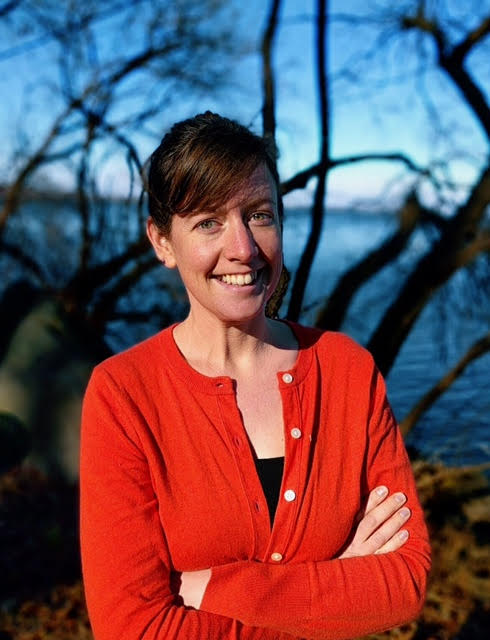
When Jessica Corman was in sixth grade, her godmother lent her a water quality testing kit to use on a stream in her backyard for a science project. That project sparked a curiosity about water that grew into a career at the University of Nebraska – Lincoln where she works as a limnologist researcher and professor at the School of Natural Resources.
“Water is this important thing because it combines all these big environmental issues we’re thinking about,” Corman said. “It’s so socially relevant because everyone needs clean drinking water.”
Corman likes to combine chemistry and ecology to understand water systems as a whole. She studies the different elements that come into water systems because of human disturbance and how this affects later human usage.
It has taken her across the globe to East Africa, Guatemala, and Northern Mexico where she has conducted research on water quality in lakes and how it affects human health. She currently is wrapping up a project in Kenya connecting water quality on Lake Victoria to human health.
At Nebraska, she plans to broaden her research to include water quality in streams across the state and examine whether they act as filters or pipes of nutrients to the larger rivers. Corman wants to know if the streams are healthy and whether they pass the nitrogen and phosphorus they collect into bigger water systems.
“I’m balancing these multiple processes of, ‘How do we use water for irrigation and return it back to the rivers in such a way that it doesn’t impair the other uses of that resource?’” she said.
In addition to taking on new local research projects, and continuing to build collaborations across the globe, Corman also teaches limnology, the study of fresh water’s biological, chemical and physical features, at Nebraska.
She wasn’t always interested in being a limnologist, though. As an undergraduate biology and science of earth systems major at Cornel University, Corman was interested in soils. After completing a National Science Foundation Research Experience for Undergraduates as a limnologist on Lake Tanganyika, she realized she would rather work with water systems.
For three years after she graduated, she worked for the National Science Foundation as a science administrator.
“That really got me excited about the bigger picture of science and how it is used in policy,” she said.
She then pursed her doctorate at Arizona State University, where she completed her dissertation on the calcium-carbonate deposits in the aquatic features in Cuatro Ciénegas, México. The dessert has many water systems, but there are limited nutrients.
“The big question there is how does life survive when there are not any nutrients around,” Corman said.
She also worked on the effects of volcanos on lakes and sustainable phosphorus.
For her post-doctoral research, she went to the University of Wisconsin-Madison where she looked at acid rain deposition on lakes.
In December, she came to SNR, and she already has big goals in mind.
“One of my big goals it to get people to think not in terms of water quantity, but in water quality,” she said. “It doesn’t matter how much water you have if the quality is poor.”
— Alli Dickey, Natural Resources Communications